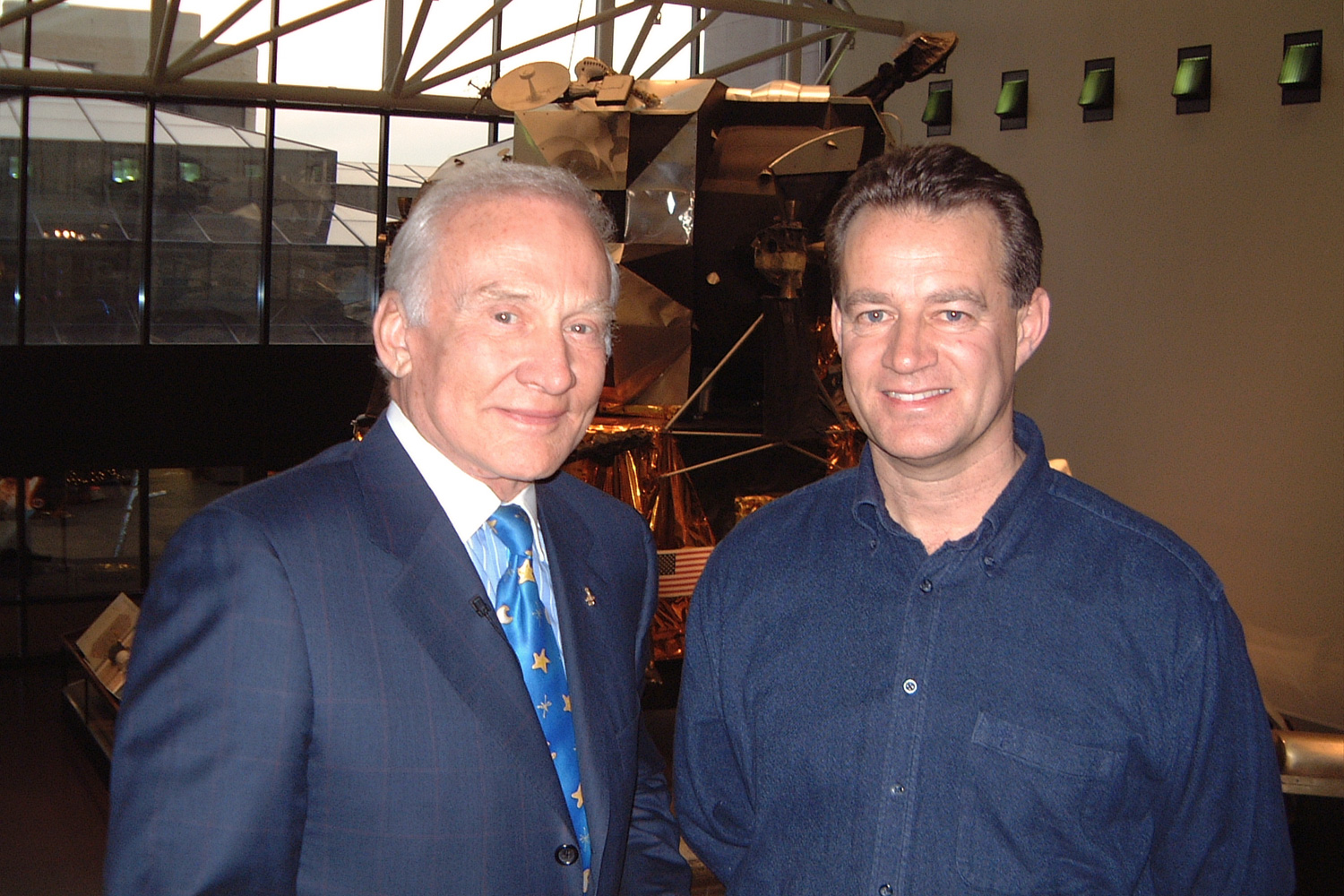 https://www.stephendaltrey.com/wp-content/uploads/2024/05/typewriter_1500x1000.jpg
1000
1500
16kadmin23
https://www.stephendaltrey.com/wp-content/uploads/2022/08/StephenDaltrey_logo_2_680x312.png
16kadmin232024-05-03 13:06:442024-05-03 13:29:11Transforming Leadership Series #6 – Words Matter
https://www.stephendaltrey.com/wp-content/uploads/2024/05/typewriter_1500x1000.jpg
1000
1500
16kadmin23
https://www.stephendaltrey.com/wp-content/uploads/2022/08/StephenDaltrey_logo_2_680x312.png
16kadmin232024-05-03 13:06:442024-05-03 13:29:11Transforming Leadership Series #6 – Words MatterLeadership: To be or not to be unreasonable
In May 1961, President Kennedy set the American people the goal of landing a man on the moon and bringing him back safely (in case the Russians landed a man and left him there) by the end of the decade. This was by any measure an unreasonable goal as the Americans had just 20 minutes of experience in sub-space on the day he delivered the speech.
In 1985 Bob Geldof saw a television programme about starving children in Africa and decided to do something about it. Through sheer force of personality and bloody-mindedness, he achieved the very first Band-Aid concert in both Wembley Stadium and the U.S.
In my experience as an Elite Coach, I often ask my clients, “Are you being too reasonable?” It’s a good question. In today’s fast-paced, highly competitive business environment, there is a sense of extreme pressure at all levels of leadership and management in organisations. When asked “what could you delegate?” in relation to their massive workloads, most coachees respond the same way, “I can’t load my people anymore”. While the perception of this may be accurate, my experience is that it’s likely that your subordinates can take more if they work smarter rather than harder.
In these cases, I invite my client to explore the benefits of a coaching leadership style, one of both challenge and support. The idea being the leader agrees on the boundaries of a task in terms of budget, time frame, resources, quality standards etc. and then coaches the subordinate to discover their unique way of delivering the solution. This method provides the desired results and empowers and grows the subordinate, creating a stronger connection between leader and individual. It’s clear that it is not a panacea, that there is an initial investment of time upfront. However, the benefits are evident and recognised by organisations globally. The support of coaching enables the ‘unreasonable’ challenge.
I also encounter this theme of challenge and support when I attend chemistry sessions, meeting potential new coachees for the first time. It’s an interesting process; I have been rejected for being too challenging and also for being too supportive! The reality is that most prospective clients want to be challenged, particularly senior leaders who, through their position and power in the organisation, can be starved of direct feedback and hear the things they don’t want to hear.
I was lucky enough to meet the legendary Buzz Aldrin.
However, in my experience, while this is undoubtedly useful for most, some leaders/clients who think they want a challenge need more support, at least initially. This is sometimes evidenced by the way they soak up the attention and focus of the chemistry session and the extended time they take to share their story. Some have metaphorically been beaten up and bloodied through various actions and activities over some time and need space to download, be heard and understood and regroup to gain clarity, see the wood for the trees, clear unfinished business and be ready refreshed to continue the battle.
In those cases, I think they are unreasonable to themselves in wanting more challenge initially. Part of my job as a coach is to assess when I should be unreasonable or reasonable in support of their development and achievement of their goals.
Ultimately Kennedy’s goal was achieved at the loss of the lives of five astronauts and countless marriages which ended in divorce through the pressure of the timetable.
The choice of whether to be reasonable or unreasonable in any situation is not easy, and there are often many implications to the decision. Working with an executive coach with years of calibrated experience supporting and challenging senior executives will develop you as a leader and enable you to choose wisely for yourself, your organisation and your people.











Leave a Reply
Want to join the discussion?Feel free to contribute!